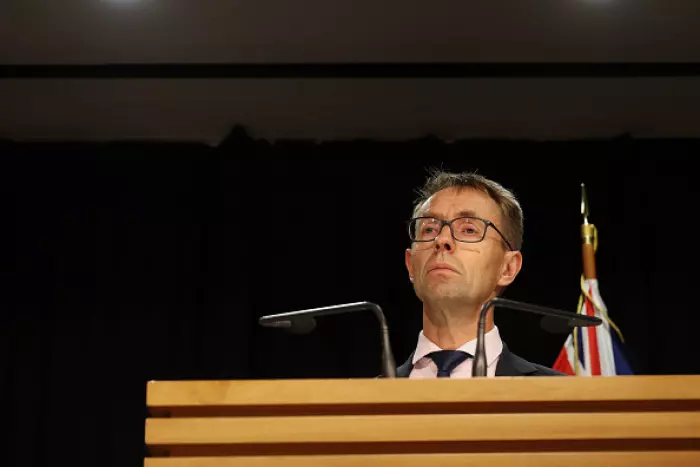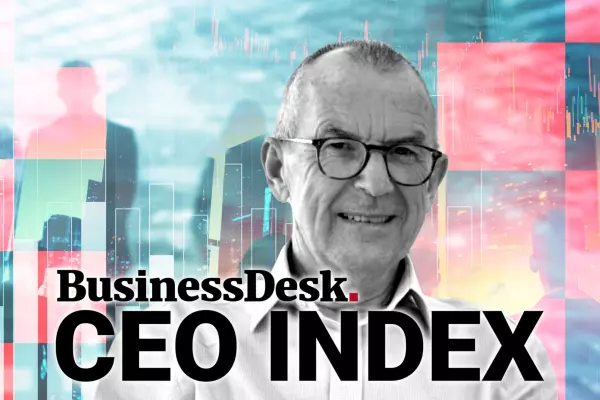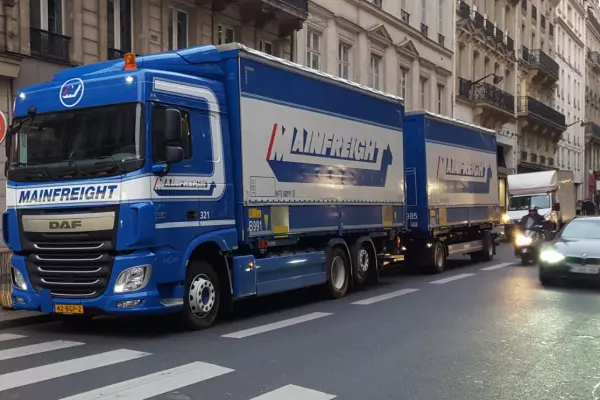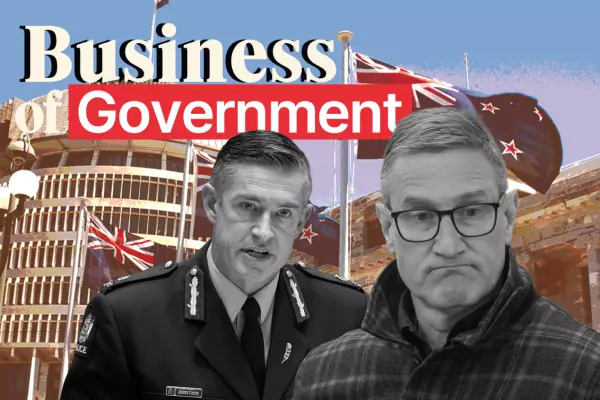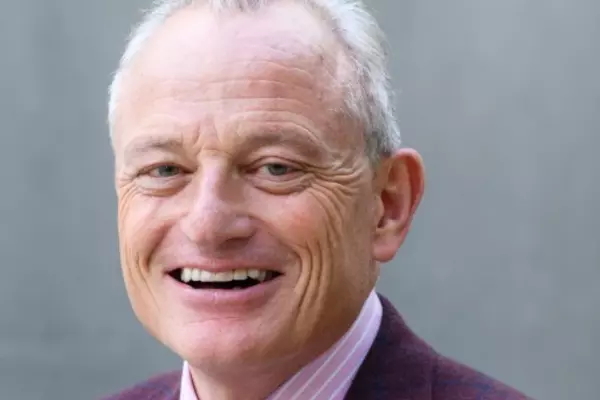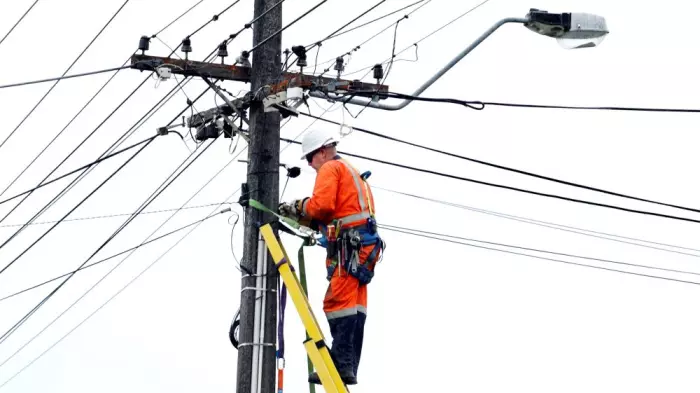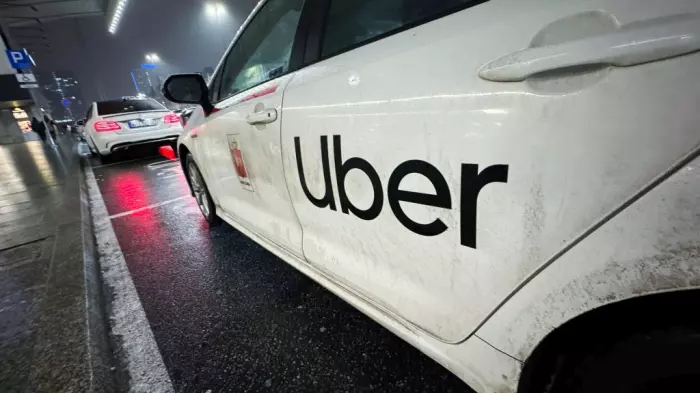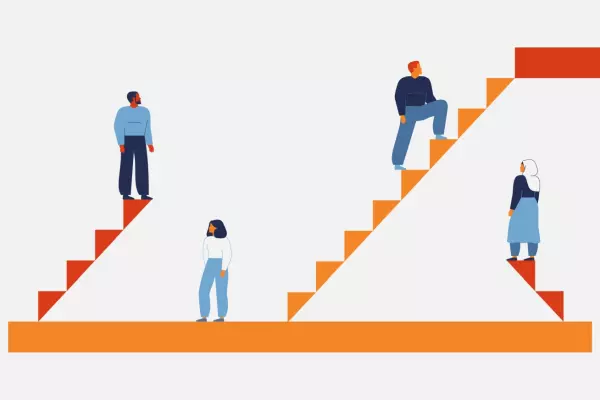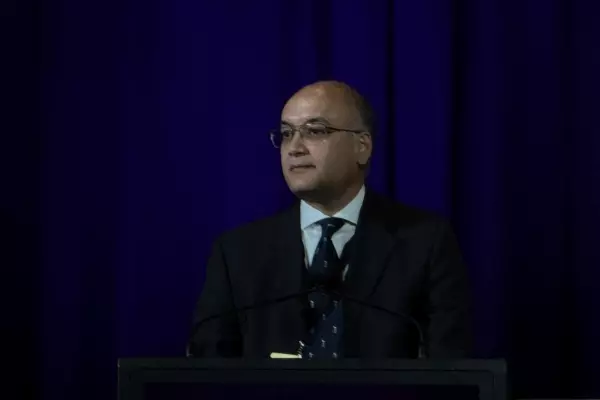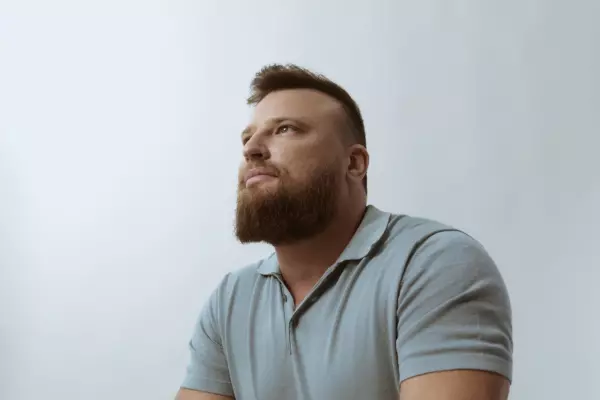This article has been republished. It was first published in May 2021
New Zealand is almost asleep at the wheel on covid-19.
We’re like a drowsy driver who knows they nodded off for a sec and it’s time for a rest.
Except that the covid virus never rests.
Yesterday, Vietnam pronounced “very dangerous” a new covid variant, combining the Indian and UK strains, found within its borders.
Until now, Vietnam has been like NZ, a success story at covid elimination. Like us, its population is under-vaccinated because of that success and is vulnerable to a major outbreak if the virus gets momentum.
In Taiwan, that’s already happened. Also once like us, a poster child for border control and elimination among island states, Taiwan has had a big covid breakout.
In Australia, Melbourne is in lockdown again.
Public disease professor Michael Baker, the primary advocate for NZ's elimination strategy, is calling for mandatory covid tracer app use.
And here today are the prime ministers of Australia and NZ, holding talks in Queenstown on the sort of Central Otago winter’s day where you could catch your death of cold.
It’s possible to start thinking: is this bubble worth it?
Suddenly, whether Scott Morrison should be here at all, without isolating first, has become a reasonable question.
Complacency and risk grow together
NZ became less safe from covid when we opened our borders to Australia six weeks ago.
Yet on Sunday, May 23, tracer app scans fell below 500,000 a day for the first since mid-January.
Mass compliance is ebbing, despite the potential rising for covid to get a foothold here.
A big part of the problem is the covid testing process itself.
The ‘gold standard’ covid test is the nasal pharyngeal, or ‘brain scrape’, swab. This is currently administered once-a-week to airline and border-facing staff at airports.
Each test costs $200-plus, including collection costs, and takes up to three days to produce a result.
After so many swabs in the last year, air crews and some other heavily tested cross-border workers are nursing chronic injuries. They wouldn’t just like an alternative test regime. They need one.
It’s also a fair bet that willing compliance with the testing regime would rise if a just as accurate saliva test was available instead.
If only such testing existed right now…
If only there were a highly accurate, easily administered saliva test for covid-19 that could be done at low cost and at scale, producing fast results that the numbers show is as accurate as nasal swabs and, for good measure, has US Food and Drug Administration approval.
If only it could be implemented now, rather in six-to-10 weeks’ time.
That’s the timetable advised to district health boards last week just before the health ministry announced it had awarded the long-awaited – in fact, long overdue – contract for national saliva testing to Asia-Pacific Healthcare Group (APHG), at a value of about $50 million.
Oh, hang on. It does.
Yet such saliva testing does exist already and on the terms described above.
Our technology reporter, Henry Burrell, dribbled in a tube last Thursday to try it out.
It’s been in place since January.
That’s when Auckland International Airport contracted Rako Science to start saliva testing its border-facing staff twice a week to improve detection of covid-19 before it slipped across the border.
Rako is using technology perfected at the University of Illinois and involving Victoria University of Wellington, whose scientists have stuck their necks out to say is as accurate as nasal swab testing. That is, far more accurate than other saliva tests now in common use internationally but still unavailable in NZ.
Rako licensed its process last September and validated it in NZ laboratories. IANZ, the national body that accredits laboratories to the standards required for human health products, accredited the Rako laboratory last December for asymptomatic screening in NZ.
“I want to emphasise that this test is incredibly accurate,” associate professor Janet Pitman from Victoria's School of Biological Sciences told BusinessDesk, when we broke the story about Rako’s technology in February.
“It is similar if not better than the nasal swab test.”
By early March, Rako’s technology had been granted emergency use authorisation in the US by the FDA.
This was primarily based on the brand-named Shield covid saliva test being administered more than 2.1 million times on the Illinois university’s Urbana campus, which unlike most US universities, did not limit face-to-face learning because of its success in controlling covid.
Struggling ministry
Meanwhile, the health ministry was trying and failing to implement the recommendation from last September’s Roche-Simpson report that “all efforts should be made to introduce saliva testing as soon as possible as part of the range of testing methods being conducted”.
The ministry's focus was on a different, less effective, but more widely internationally adopted saliva test developed by Yale university, using the laboratories of government crown research institute ESR.
For reasons unknown, ESR couldn’t make the Yale test work.
Frustrated, Jacinda Ardern in about early March read the riot act to health director-general Ashley Bloomfield to hurry up and get saliva testing in place.
Shortly afterwards, Bloomfield conceded there might be a place for a private provider and that he was aware of “two or three” possible sources.
One was a Hamilton lab undertaking the tests without IANZ accreditation. The other known provider was Rako.
A request for proposals followed shortly after, seeking saliva testing services from mid-April.
Opportunity knocks?
At this point, Rako Science might have thought they now stood a chance of being taken seriously, even if not for the whole contract, at least to be a nominated provider for part of it.
Instead, as Rako chief executive Stephen Grice puts it, the company spent between tens of thousands of dollars on its response to the ministry’s request and “never got a question, just a rejection”.
“How can that be?” he asks now, particularly as Rako provided not only all its validations, but all of its science, to the ministry long before the tender process began.
Perhaps because, by the time of the tender, relations between the ministry and Rako were already strained.
Frustrated by the lack of progress, Rako decided in early March to offer its testing free in Porirua.
That produced a furious response from the ministry and late night phone calls from Bloomfield, who worried that providing the only free, effective, FDA-approved saliva test available in NZ could compromise the official public health response.
Computer say ‘no’
From the word go, it seems the health ministry has treated Rako as a ‘come-from-nowhere’ upstart, aggressively pushing a ‘not invented here’ solution which it was determined to see off, just as it resisted the Sam Morgan-backed Covidcard initiative last year.
The difference, however, is Rako offered a functioning end-to-end saliva test, whereas the Covidcard was always subject to much tech sector nay-saying.
Perhaps where the two projects are most comparable is both were pitched by private sector entrepreneurs whose urgency, rapid execution and commercial aggression were anathema to a ministry that is demonstrably struggling with many aspects of the ongoing covid response.
To give some current examples: no matter what the covid response minister Chris Hipkins says, the vaccination rollout is lagging behind schedule and the ministry is at least a month late on a national vaccination booking system that it gave itself only eight weeks to build.
While Hipkins and Bloomfield both said last week saliva testing would be in place in June, the ministry itself is telling DHBs that implementation is six to 10 weeks away – ie perhaps not until August.
Quite simply, under enormous pressure because it has failed eight months on from Roche-Simpson, to implement a saliva testing regime of any kind, the ministry appears to be unwilling to consider an immediately available alternative.
Why?
Go back to the Covidcard example.
Rako’s two principals in NZ are the Grice brothers, Leon and Stephen.
Leon is an extraordinarily effective communications schmoozer who ran the Rugby World Cup campaign in 2011 and was consul-general in Los Angeles, ensuring he was closely involved in NZ’s America’s Cup campaign in 2013.
He was seconded into Rob Fyfe’s Beehive team of private sector advisers during the early part of last year’s covid-19 response and has strong political and commercial networks in the US, currently serving as chair of the NZ-US Council.
His brother, Stephen, is a successful if low-key serial tech entrepreneur with a strong mathematical bent. Early in the covid outbreak, he developed a predictive tool for the spread of covid that gained traction in countries where the virus got out of control, but which had little application in covid-free NZ.
Their equity backer, Sean Colgan, is an independently wealthy American philanthropist and ex-Olympian who has retired to farm in Hawke's Bay.
Process questions
To a casual observer, the Grices' covid-related activities may have seemed like any of the very large number of ‘great ideas’ that continue to flood the ministry.
Spoiler alert: they're not all great ideas, so perhaps it was too hard to see the wood from the trees.
That is certainly the charitable explanation.
The uncharitable explanation is that the ministry of health simply can’t hack dealing with anyone who threatens to show them up.
How else to explain the fact that it has turned down – without asking a single question – a cheaper, more effective, FDA-approved and, most importantly, currently available saliva test?
That it has done so using a shortcut tender process that excluded the usual presence of an independent probity auditor to assess the bids is all the more concerning.
Bloomfield says he wanted an end-to-end test that wouldn’t draw resources away from the public health system. Rako says their system meets those criteria. The ministry cites “commercial sensitivity” for refusing to answer questions on this and other aspects of Rako’s bid.
To be clear: there is nothing to say that APHG will not do a good job of the saliva testing it has been contracted to undertake – once it eventually gets its system up and running.
APHG is a diagnostic laboratory operator of scale that has undertaken about one-third of all covid testing in NZ.
It is a known quantity, not a chippy private startup.
Of course the ministry is going to feel more comfortable with them as their provider.
Why so long?
But even if the apparent superiority of Rako’s product could be overlooked, there is still the question of why the ministry has taken so long to implement a saliva testing regime of any kind.
And how and why has it spurned an option that could be in use not only for the last few months but today, when covid outbreaks are accelerating in parts of the world previously deemed safe?


